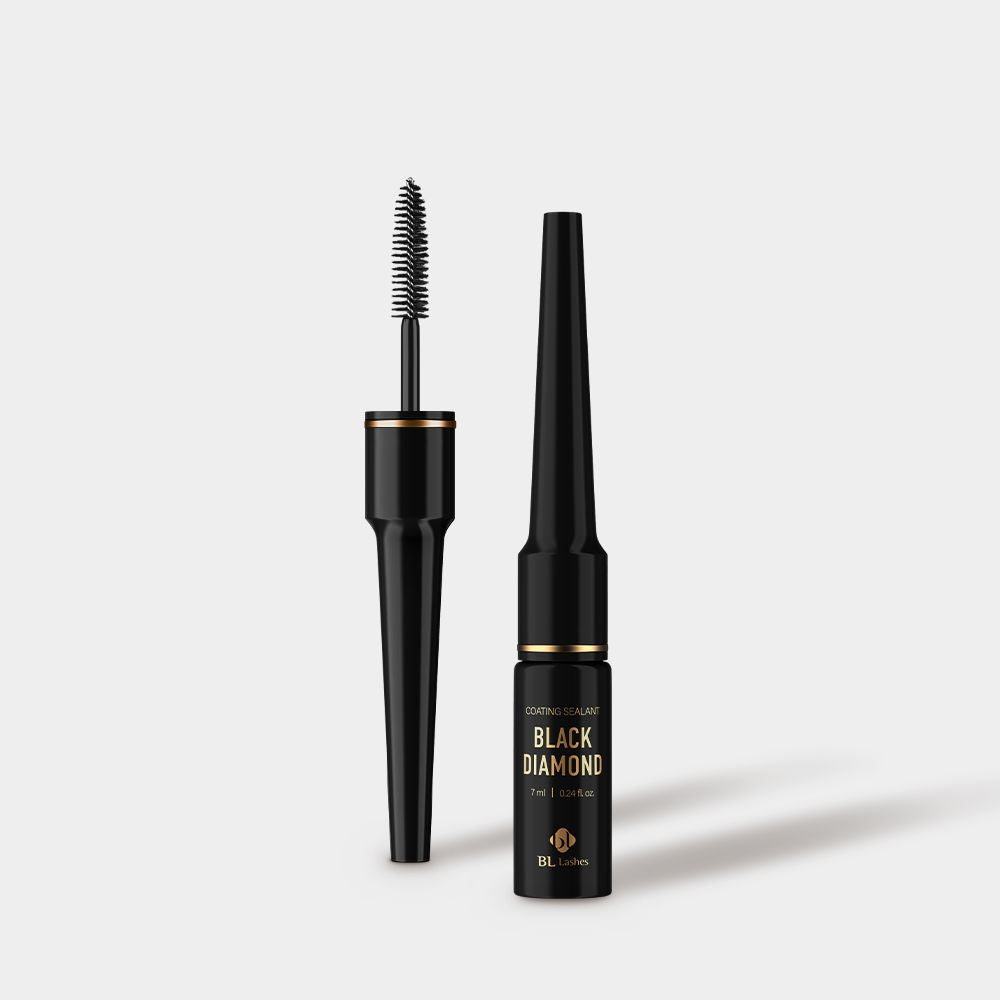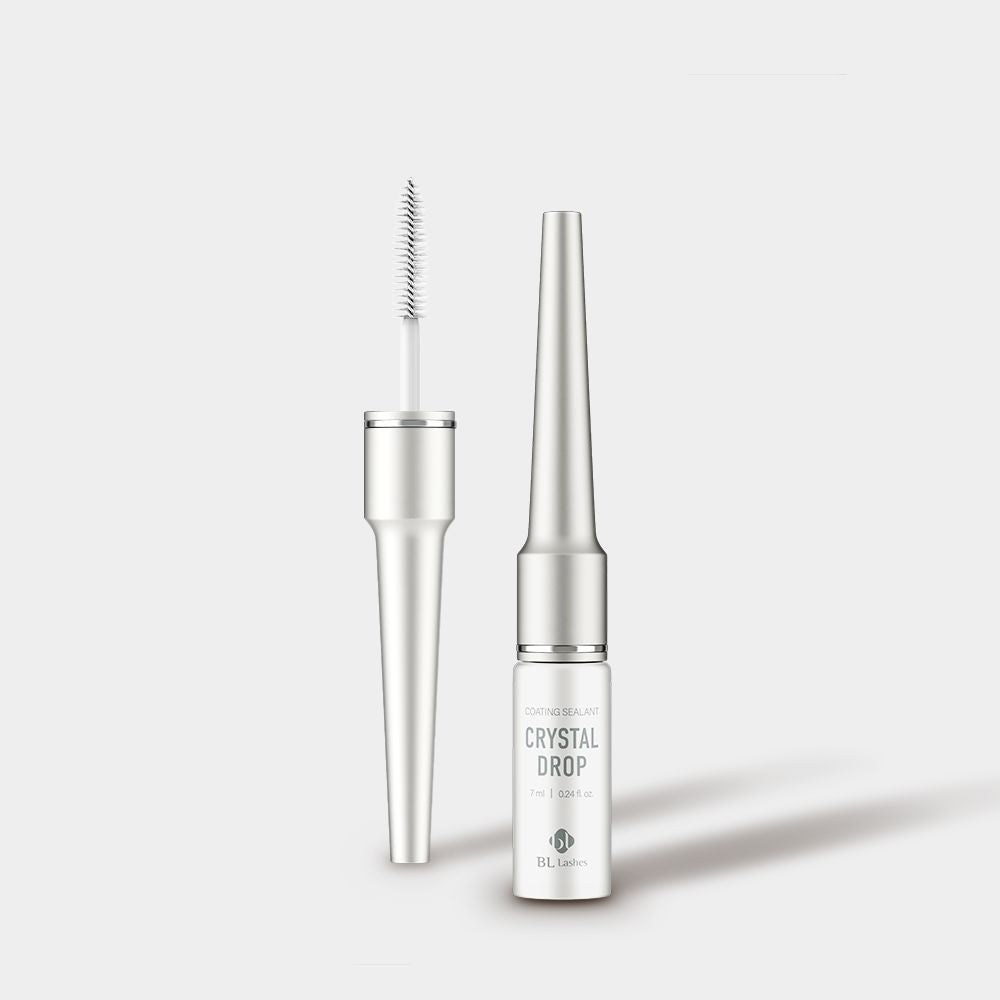The success of any business, no matter the industry, heavily depends on proper bookkeeping and accounting. You can be the best lash artist in all the world, but if you don’t take care of the financial end of your salon business, you’re only setting yourself up for failure.
As creative people, we tend to find work like accounting boring and unfulfilling, preferring instead to work on our designs and building a strong client base.
However, with proper accounting, we not only help ourselves manage our money, but we also ensure that our businesses will last well into the future. What’s more, with the right investment of our profits, we can even help the business grow.
To help you get started, we’ve put together some helpful bookkeeping and accounting tips.
*Disclaimer: The information contained within this website is provided for informational purposes only and is not intended to and must not be taken as a substitute for obtaining accounting, tax, legal, or other professional advice from a tax resolution professional (e.g, an Enrolled Agent, CPA, attorney, etc.). Presentation of the information via the internet is not intended to create, and receipt does not constitute, a tax professional-client (or attorney-client) relationship. Internet subscribers, users and online readers are advised not to act upon this information without seeking the service of a tax resolution professional.
Create a limited liability company (LLC)
If you own or manage a business, it’s important to consider creating a limited liability company (LLC).
What the LLC does is that it provides protection to the LLC owners by limiting the owner's personal liability. Generally, this means that business debts owed by the business, and other claims on the business, including lawsuits, are limited to the assets of the business itself.
It might sound difficult to set it up, but there’s a clearly set out process that can help you accomplish it in no time.
The first step is to pick a name for your company. Make sure it complies with your state’s LLC rules and, of course, that another business hasn’t already registered the same name.
Then, you will need to prepare what are called the “articles of organization”, which you will then file with your state’s LLC filing office.
After that, you will create an LLC operating agreement, which sets up the rules of ownership and operation of your business. This agreement covers how the LLC will be managed, as well as the percentage interests in the business of the owning members. Depending on your state, you may need to publish a notice of intent for filing your LLC. Check if that’s the case and make sure to do this if required.
Once you have completed all the steps, you can then obtain the licences and permits to run your business in your state.
Are you interested in partnering with a trusted lash extension supplier with more than 20 years of manufacturing and distribution? Feel free to contact us to discuss how to build a profitable lash business.
Don’t forget to register with the IRS
Another important step in setting up your lash business is to register with the IRS, particularly if your business is based in the US or US territories. When tax time comes around and you end up being audited, you will have all of the paperwork you need, thus saving yourself from any legal issues and fines.
The first step is to complete an online application for an Employer Identification Number, for which you will need your social security number, alongside other relevant information.
IRS.gov has all the information you need to be able to register, so check out what else you will need to do in their helpful tips.

Open a business account at a trusted bank
Your business expenses should always be separate from your personal expenses. If you don’t make the distinction, tax time (and your personal budgeting) will be a nightmare!
Your lash salon will always be in the need for supplies, and with a business account you’ll have a much easier time keeping track of your expenses. You’ll also be able to better manage employee pay and receive and deposit business-related payments, as well as create a budget plan.

Your regular bank might not be a good fit for your needs, so do some research on banks in your area that might be better-suited for your business. Make sure to look at their interest rates and what they might offer in terms of loans and other services for businesses.
When you find the right one, find out what paperwork you’ll need to file with them, and make sure to ask them to open a merchant account so that you can accept credit card payments.
Keep track of your expenses
Be transparent with yourself! Track every single expense by keeping detailed records, especially of anything you might be claiming. Use a business debit or credit card for all your purchases whenever you can, and make sure to scan and digitize your receipts, no matter how small. Even if you end up using cash for some unavoidable reason, it’s important that you keep that receipt too.

The IRS makes allowances for deductions of business expenses, which is why it’s so important to be thorough with your records. You can find a full list of eligible deductions on the IRS website, but here are some examples:
- Advertising and promotion
- Business meals
- Business insurance
- Business interest and bank fees
- Business use of your car
- Depreciation
- Education
- Home office
- Interest
- Legal and professional fees
- Moving expenses
- Rent expense
- Salaries and benefits
- Telephone and internet expenses
- Travel expenses
Don’t miss tax deadlines
Tax deadlines are very clearly set out, so you definitely have time to plan ahead and put aside any money you might need to pay the IRS. If you don’t do it on time, you could face fines.
If you really are that forgetful, the tax calendar on the IRS’s website can be synced with your cloud-based calendar of choice. Set up a reminder a week or two before payment is due and you’re sure to avoid late fees.
Consult a pro
OK, fine, not all of us are great at numbers. Can’t someone else just do it for us? If you really do need help, start off by setting up a consultation with a CPA or accountant. Many offer these consultations at low or even no cost. They can help answer your questions and help you find the best way to organize the finances of your lash business.
During the consultation, you can also ask if your business finances would be best-suited for management by a professional accountant or if you’d be better off managing your accounts on your own. If you have the need and the money for it, consider hiring an accountant. If it ends up that your business doesn’t require professional assistance, ask for help in setting up bookkeeping and accounting software, as well as how to use it.
To help your business succeed, you must be consistent and disciplined. Create a habit and schedule a day each week to document your income and expenses. As time goes on, you’ll consider it less of a chore and more of a vital component of your business.

Now that you have these tips in your success toolbelt, you can move forward to help your business grow.
Whether you end up hiring an accountant or doing it on your own, you’ll find that proper bookkeeping and accounting will help you manage your business much better. Then you can get back to what you really love: creating amazing lash looks (and earning oodles of cash along the way)!
This blog is protected by copyright law. Reproduction or rewriting without permission is strictly prohibited.
Read more about lash business tips
How to choose a lash bed and pillow
Will the eyelash extension market continue to grow?

















